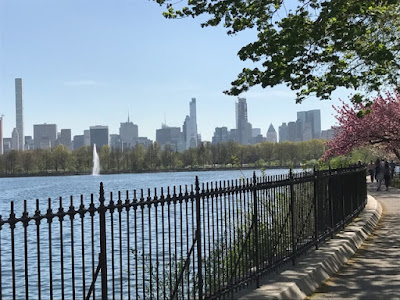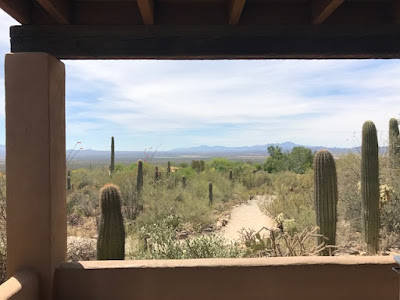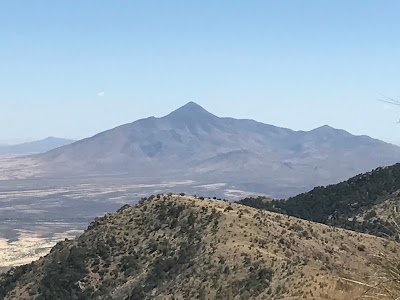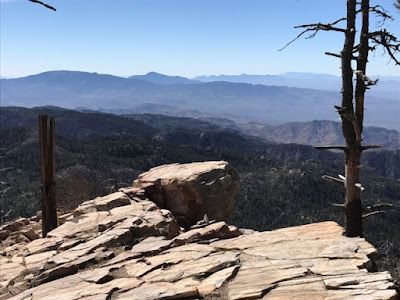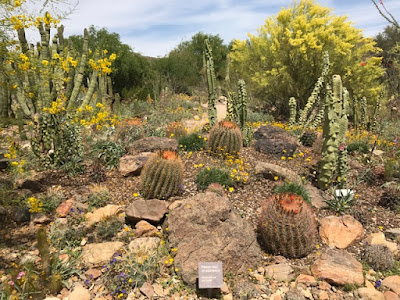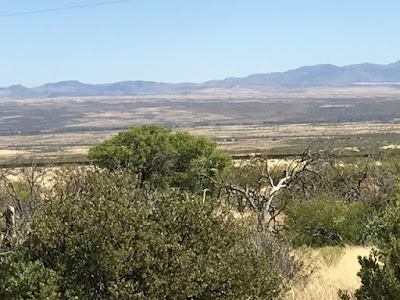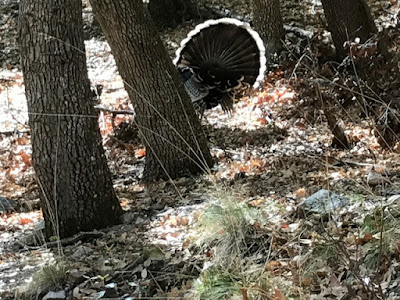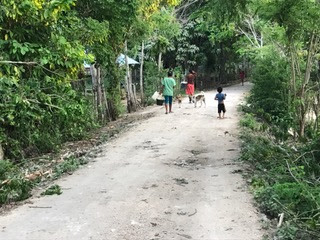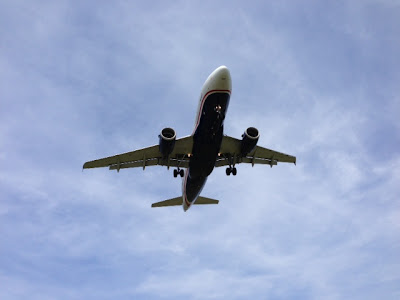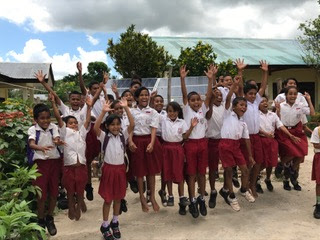Ramsey Canyon is birders’ heaven, home to 14 species of hummingbirds — compared to the one or two we have at home — and plenty of other bird species that have crossed the border, like this Mexican wild turkey. He was courting the ladies and strutting his stuff.
He, of course, was an easy photographic target, large and slow-moving. Most birds are quicksilver flashes. To spot and identify them takes time, knowledge and patience — skills that I lack but skills that birders have in spades.
In fact, I wish I had a birder with me now to identify the flap of wings in the Emory oak, the source of the lovely song I’m hearing. Is it a hermit thrush? I’ve heard they live around here. I grab a bird book, look it up. Yes, it’s possible. It could be. And there’s just enough of the fudger in me to say, what the heck, let’s just call it a hermit thrush and call it a day.
Thanks to the birders we’ve met I can verify that I truly have seen an acorn woodpecker: hepatic tanager; calliope, blue-throated and broadbill hummingbirds; a white-winged swallow; Mexican wild turkey; Cooper’s hawk; a road runner; and a painted redstart, a “life bird” for many.
So from musing on birds, I come to musing on birders. What impresses me most about them is their dedication and gladness. They notice life around them. They savor its sights and sounds. They recognize its beauty.
